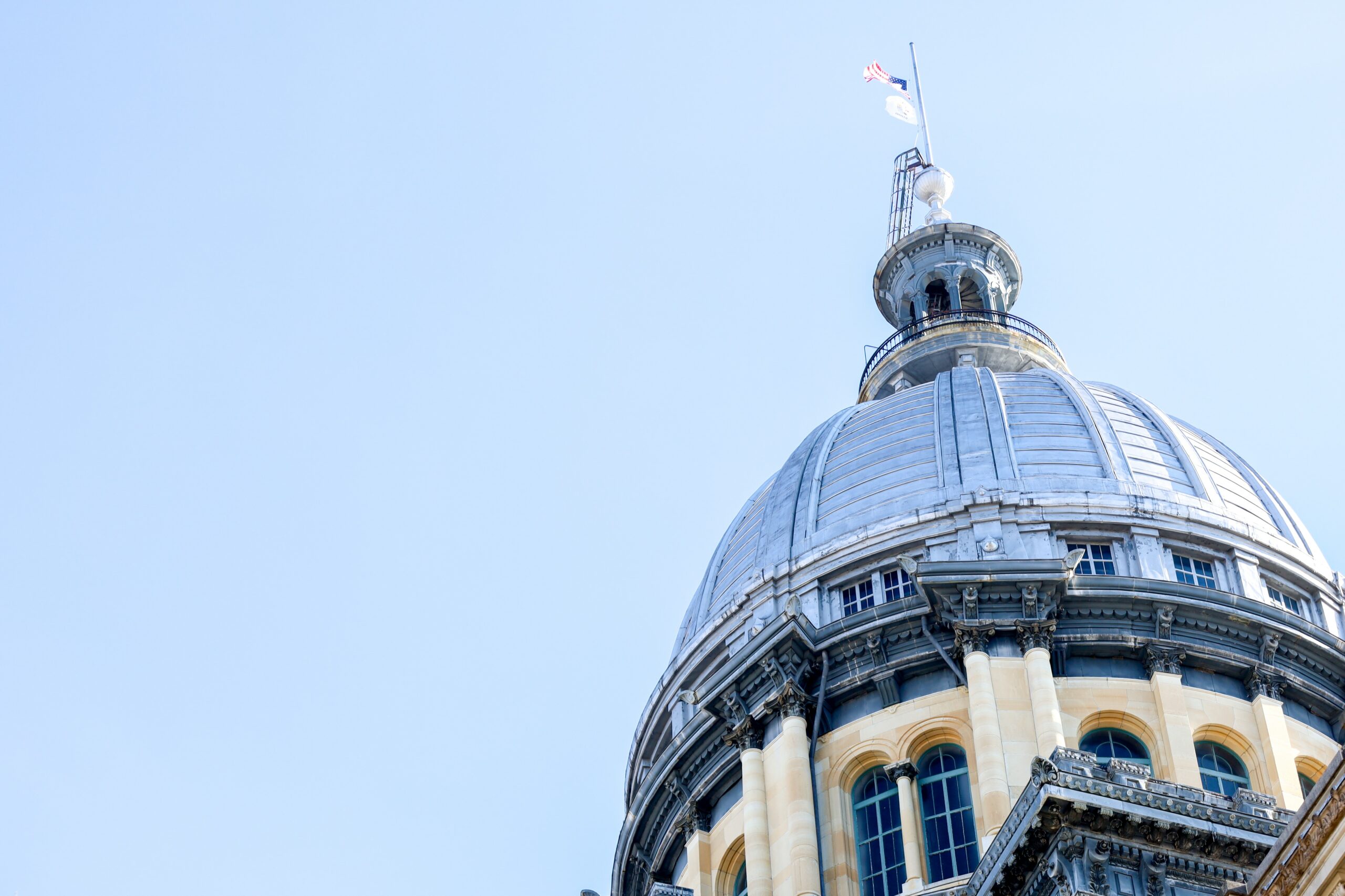Illinois Legislative News: September 3, 2024
Third Reading Consulting Group
Illinois Supreme Court Stays Election Slating Decision
On Friday, August 23, the Illinois Supreme Court upheld a lower court decision to block a ban on post-primary election slating ahead of a general election. The provision, originally passed on May 3 by Democrat supermajorities in the Illinois General Assembly, was seen by Republicans as an attempt to boost Democrats in the November 5 general election. SB 2412 (now P.A. 103-586) created a mini election omnibus containing the slating ban as well as a few other provisions. Previous state law offered three opportunities for major party candidates to reach the General Election: (1) circulate petitions and win their primary, (2) run as a write-in candidate and win their primary, or (3) wait until after the primary occurred and be appointed to fill a ballot vacancy by local party chairs. The third option, known as “slating,” had been used by both major parties in the past to appoint strong candidates while avoiding the campaign costs of the traditional electoral system. SB 2412 eliminated slating for legislative offices effective immediately, a stipulation that would have prevented either party from using the tactic this November.
The legislation was immediately challenged by the Liberty Justice Center, a national conservative legal advocacy group with an office in Chicago, on behalf of Republicans who had already been circulating candidacy petitions for slating. Sangamon County Circuit Judge Gail Noll stayed the slating law, citing it would be unconstitutional to enact so close to the upcoming election as it “impermissibly burdens” candidates who had been following the previous law from “hav[ing] their names placed on the November ballot.” The Illinois Democratic Party immediately appealed the stay to the Illinois Supreme Court, which upheld Judge Noll’s original decision via dismissal.
Notably, Justices P. Scot Neville and Joy Cunningham recused themselves from the case. The Supreme Court opinion did not include how the remaining justices ruled; it just stated the Court was unable to come to a decision as it could not reach the constitutionally mandated concurrence of four justices for a decision. Without a decision, the appeal was dismissed and Judge Noll’s stay was upheld. In accordance with the original stay order, the slating ban will take effect beginning in 2026. As a result, candidates wishing to run in a future general election will also have to run in a primary. The General Assembly still has the option to pass legislation before 2026 to reverse the slating ban and allow the practice to continue.
Chicago Area Transit Updates
The Senate Transportation Committee held its fourth hearing on the future of public transportation in the Chicagoland area on August 28. The hearing focused on suburban communities and their concerns with the proposed legislation to combine the four current Chicago area transit agencies into one consolidated governing body. Testifying before the Committee was: Corinne Pierog, Kane County Chair; Michael Buehler, McHenry County Chair; Maya Wade, Elgin Community College Student Representative; Rick Mack, Mayor of Ringwood Village & President of the McHenry Council of Government; Mike Reid, President of the Village of Hampshire & President of the Metra West Council of Government; Jeff Schielke, Mayor of Batavia & Chairman of the Kane and Kendall Council of Mayors; Tony Lucenko, Director of the Elgin Development Group; Scott Hennings, Director of McHenry County DOT; Thomas Rickert, Deputy Director for Kane County DOT; and Thomas Bamonte, Senior Advisor, Metropolitan Planning Council. The suburban representatives largely agreed that current proposals to consolidate the transit governing bodies would put the collar counties as a significant disadvantage as the new board would see only five voting members representing the collar counties (one member per county) of the proposed 18-member board. The suburban officials agreed that while some governance reform should occur to address pitfalls of the transit system today, the current proposal would harm the collar counties and the communities within them.
The hearing also featured panels on the impact of transit on public health, with testimony from Kirk Dillard, RTA President; Melinda Metzger, Executive Director of PACE; Janice Thomas, Chief of Staff & Deputy Executive Director of External Affairs for Metra; Dorval Carter, President of CTA; and Christina Hamilton, Illinois Advocacy Director, American Lung Association. These panelists highlighted the positive impacts robust transportation systems have on air quality, lung and heart health, human stress levels, emissions and greenhouse gases, social wellbeing, and reducing traffic related deaths and injury.
To address the projected $730M impending transit fiscal cliff set to hit in the 2026, the Senate Transportation Committee has two additional hearings scheduled to address how transit mitigates the impact on climate on September 18 and why funding transit is a statewide priority on October 16. The Committee already heard testimony on the regional economic importance of transit, the necessity of accessible transit, and how transit supports community quality of life earlier in the summer.
In conjunction with the Senate Transportation Committee hearing, House Speaker Chris Welch announced the formation of a Public Transit Working Group. The Working Group, featuring House Democrats from Chicago and the suburbs, will privately examine the Chicagoland’s public transportation system and provide policy recommendations on how to address its shortcomings and fiscal troubles. Speaker Welch appointed House Assistant Majority Leader Kam Buckner and Rep. Eva-Dina Delgado, both of whom introduced legislation to merge the Chicago area transit agencies, to lead the group. Additional members serving on the working group include Rep. Dagmara Avelar, Rep. Diane Blair-Sherlock, Rep. Mary Beth Canty, Rep. Will Davis, Rep. Mary Gill, Rep. Matt Hanson, House Assistant Majority Leader Barbara Hernandez, Rep. Hoan Huynh, House Deputy Majority Leader Natalie Manley, Rep. Rita Mayfield, Rep. Anna Moeller, Rep. Yolanda Morris, and Rep. Marty Moylan.
Important Upcoming Dates – Statewide
November 5 – 2024 General Election
November 12-14 – Veto Session Week 1
November 19-21 – Veto Session Week 2

